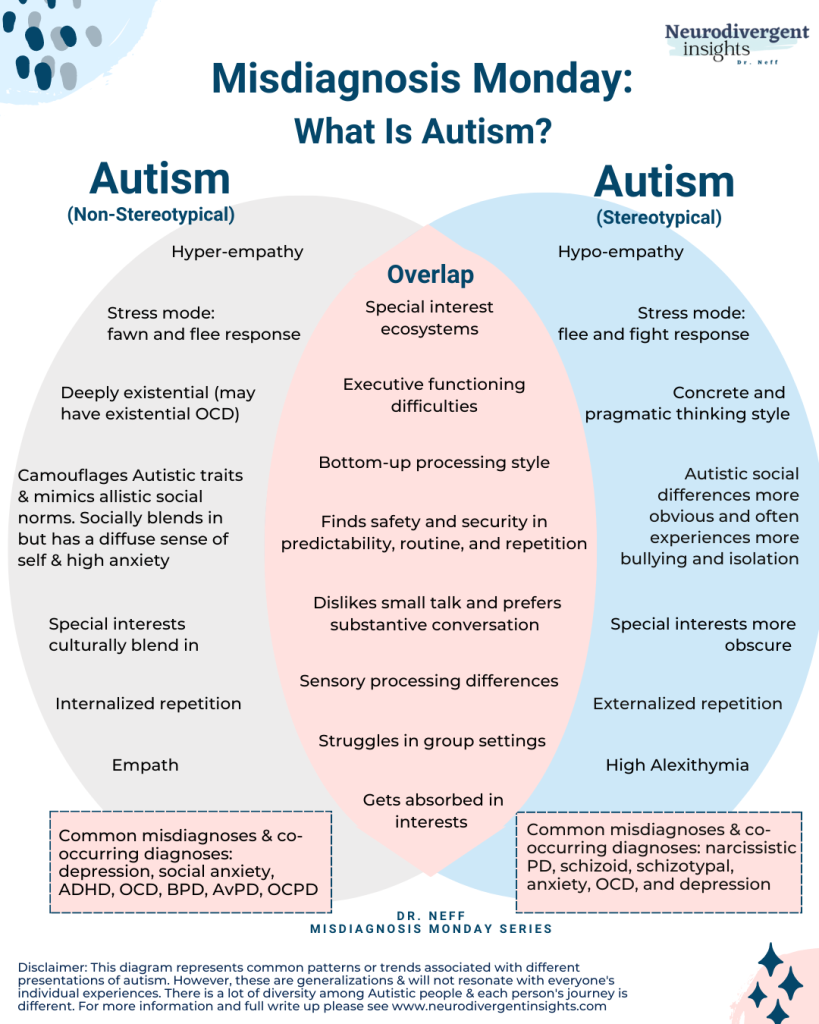Detecting autism in people in Australia presents special challenges and concerns that reveal the growing knowledge of the selection and the diverse needs of individuals. Unlike youth diagnoses that often depend on early developing guns, adult autism diagnosis involves realizing simple behavioral designs, communication variations, and social difficulties that might have been camouflaged on the years. The method needs a thorough and culturally sensitive and painful approach that acknowledges the varied skills and activities of an individual seeking assessment.
Australia’s diagnostic structure for adult autism is affected by globally recognized criteria like the Diagnostic and Mathematical Guide of Intellectual Disorders (DSM-5) and the International Classification of Conditions (ICD-10). Nevertheless, specialists completing assessments in Australia are encouraged to follow a person-centered, strengths-based perception that considers an individual’s unique neurodiversity and national context.
Option of diagnostic solutions is a crucial aspect of the Australian landscape, and initiatives are increasingly being created to address disparities in use of assessments across regions. Cities typically do have more methods and specialized specialists, while rural and remote parts might face problems in giving regular and comprehensive diagnostic services. Raising understanding and establishing diagnostic volume in underserved areas stay main points for improving accessibility.
The diagnostic process an average of involves a multidisciplinary group, including medical psychologists, psychiatrists, speech pathologists, and occupational therapists. That collaborative strategy guarantees a holistic examination that views cognitive skills, language proficiency, physical sensitivities, and emotional wellness factors. Moreover, professionals are increasingly knowing the significance of involving individuals in the diagnostic process, valuing their self-reported experiences and insights.
Cultural competence represents an important role in the diagnostic journey for adults seeking review in Australia. Indigenous Australians, culturally and linguistically varied communities, and individuals from various skills need tailored techniques that acknowledge the influence of lifestyle on appearance and notion of autism. Experts are prompted to participate in ongoing ethnic competency teaching to make sure a nuanced comprehension of varied perspectives.
Late-diagnosed adults may experience distinctive difficulties while they steer the complex emotions and modifications that come with knowledge their neurodivergent identity. The diagnostic journey often extends beyond the review it self, involving post-diagnostic support, including counseling, psychoeducation, and the progress of coping strategies tailored to the individual’s strengths and challenges.
The recognition of gender variety within the autism spectrum is still another evolving part of analysis in Australia. Standard diagnostic standards, of historically predicated on generally guy displays, may not record the different expressions of autism in females and people who have diverse gender identities. Attempts are underway to improve diagnostic resources and improve consciousness of the initial experiences of autistic people across the sexuality spectrum.
Research and advocacy enjoy essential jobs in shaping the continuing future of adult autism diagnosis in Australia. Ongoing reports donate to a greater understanding of the prevalence, experiences, and needs of adults on the spectrum. Advocacy agencies, both national and regional, work towards destigmatizing autism, raising awareness, and influencing policy improvements that autism in females the inclusion and well-being of autistic people in Australian society.

In conclusion, diagnosing autism in adults in Australia requires a powerful and person-centered approach that realizes the individual’s unique strengths, problems, and ethnic context. The constant initiatives to enhance convenience, ethnic competency, and understanding contribute to a more inclusive and helpful atmosphere for people seeking analysis and navigating their neurodivergent identities in the Australian context.
